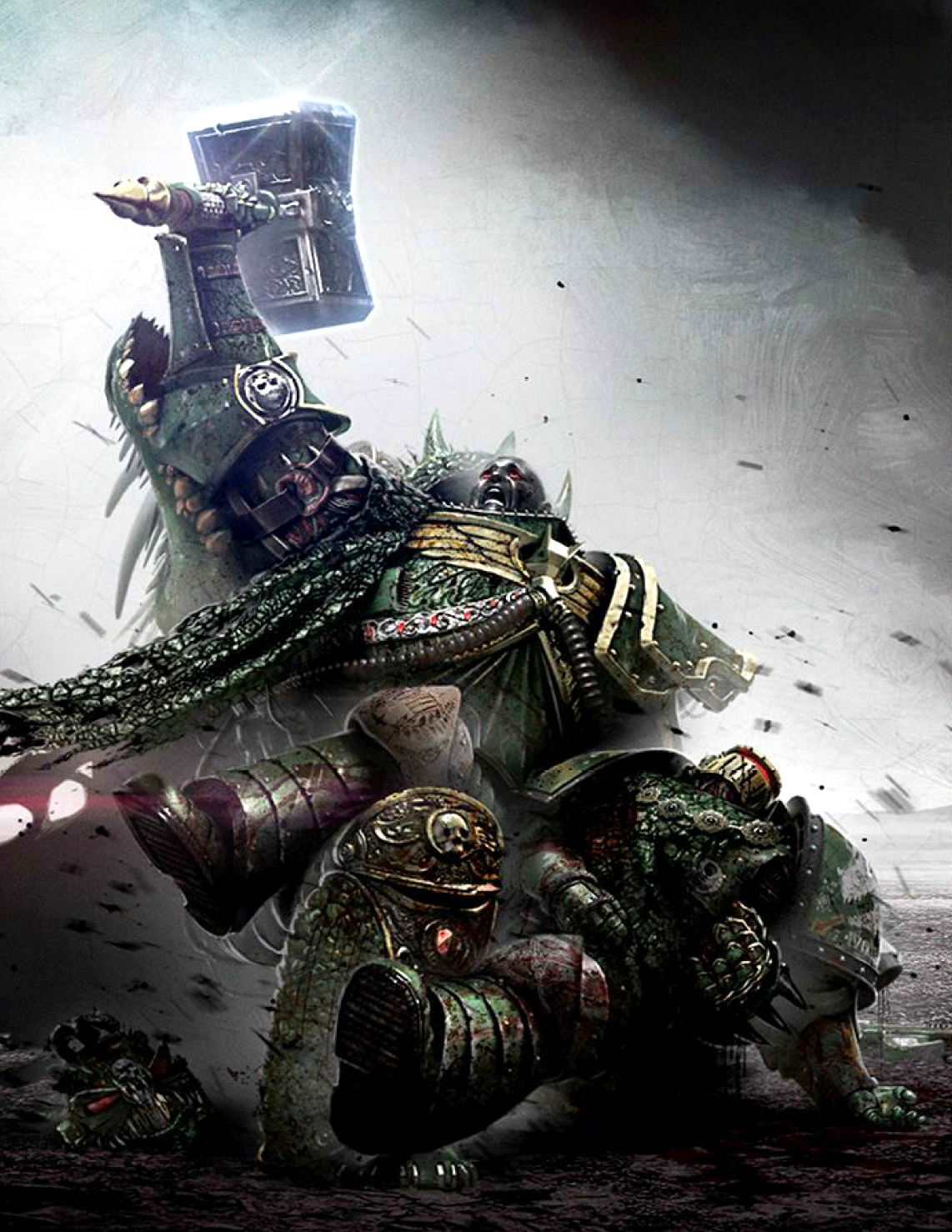Greetings Earthlings!
Today’s dev diary is an important one, because it deals with something that makes Stellaris stand out, something that really defines the early stages of the game: the Science Ships. These bad boys are necessary to survey unknown planets and other objects in space, finding out which resources they contain and making sure habitable planets are actually safe to colonize. Although a Science Ship can operate without a Scientist character as captain, it is strongly discouraged because skilled Scientists are required to research many of the strange anomalies you will find out there...

I like to compare these intrepid explorer-scientists with the questing heroes you might see in an RPG. They fly around the galaxy exploring, having little adventures, gaining experience and perhaps picking up some new personality traits. The galaxy is, after all, ancient and full of wonders. The way this works in the game is that when a Science Ship completes a survey, it might uncover an Anomaly of some sort. Each Anomaly has a difficulty level, so you often want to delay researching some of them until you have a Scientist with a high enough skill. Researching an Anomaly takes time and may result in success, failure, or, sometimes, catastrophic failure… For example, if the Anomaly consists of some strange caves on an asteroid, the Scientist could find out their origins and learn something of value, come to a wrong conclusion (the Anomaly would then disappear forever), or accidentally trigger a fatal explosion which might knock the asteroid out of orbit and put it on a trajectory towards an inhabited planet.

Anomalies are thus quite like little quests, and usually require some player choices (exactly like the “events” you’ve seen in our other games.) Some options are only available under certain conditions. For example, a special option might require that the Scientist or empire ruler has a specific personality trait.
The biggest challenge we face when writing these Anomaly events is to provide enough variation that players keep getting surprised even after several complete playthroughs. Therefore, we work with rare branches and having multiple start and end points, so that you might initially think you’ve seen the Anomaly before, only to find that this time it plays out differently...
There are other important tasks for Science Ships as well; they are required for many special research projects and for analyzing the debris left behind after a battle, perhaps managing to reverse engineer some nifty technologies (the subject of a future dev diary…)
That’s all for now folks! Next week Henrik "GooseCreature" Eklund will talk about the “Situation Log” and special research projects.
Today’s dev diary is an important one, because it deals with something that makes Stellaris stand out, something that really defines the early stages of the game: the Science Ships. These bad boys are necessary to survey unknown planets and other objects in space, finding out which resources they contain and making sure habitable planets are actually safe to colonize. Although a Science Ship can operate without a Scientist character as captain, it is strongly discouraged because skilled Scientists are required to research many of the strange anomalies you will find out there...

I like to compare these intrepid explorer-scientists with the questing heroes you might see in an RPG. They fly around the galaxy exploring, having little adventures, gaining experience and perhaps picking up some new personality traits. The galaxy is, after all, ancient and full of wonders. The way this works in the game is that when a Science Ship completes a survey, it might uncover an Anomaly of some sort. Each Anomaly has a difficulty level, so you often want to delay researching some of them until you have a Scientist with a high enough skill. Researching an Anomaly takes time and may result in success, failure, or, sometimes, catastrophic failure… For example, if the Anomaly consists of some strange caves on an asteroid, the Scientist could find out their origins and learn something of value, come to a wrong conclusion (the Anomaly would then disappear forever), or accidentally trigger a fatal explosion which might knock the asteroid out of orbit and put it on a trajectory towards an inhabited planet.

Anomalies are thus quite like little quests, and usually require some player choices (exactly like the “events” you’ve seen in our other games.) Some options are only available under certain conditions. For example, a special option might require that the Scientist or empire ruler has a specific personality trait.
The biggest challenge we face when writing these Anomaly events is to provide enough variation that players keep getting surprised even after several complete playthroughs. Therefore, we work with rare branches and having multiple start and end points, so that you might initially think you’ve seen the Anomaly before, only to find that this time it plays out differently...
There are other important tasks for Science Ships as well; they are required for many special research projects and for analyzing the debris left behind after a battle, perhaps managing to reverse engineer some nifty technologies (the subject of a future dev diary…)
That’s all for now folks! Next week Henrik "GooseCreature" Eklund will talk about the “Situation Log” and special research projects.
Last edited by a moderator:


.jpg)
